No products in the cart.
- Position: Full sun
- Soil: Fertile, well-drained soil
- Rate of growth: Average
- Flowering period: April
- Hardiness: Fully hardy
- Pollination Group: 2 – flowering mid- to late season, but partially self-fertile
- Garden care: Bare-root plants should be planted out as soon as they arrive. If this is not possible, they can be heeled in temporarily (covering their roots with soil) or potted up. Before planting, soak the rootball in a bucket of water for half an hour and make sure to incorporate lots of well-rotted garden compost in the planting hole. Stake firmly in exposed positions.
Plant potted plants as soon as conditions allow in soil that is not waterlogged or frozen. When planting, incorporate lots of well-rotted garden compost in the planting hole and stake and support firmly.
Pears naturally shed a small quantity of the developing fruits in midsummer. After this has occurred thin out the remaining pears, leaving one pear per cluster. Apply a high-nitrogen feed in spring.
A strong, hardy tree with green, oval leaves, this tree has heavily scented white flowers in spring, which are a huge attraction for bees and other pollinating insects. ‘Onward’ tastes a little like an early Comice – buttery and sweet, with a fresh crunch. This tree bears good, regular crops in a short fruiting season of September to early October.
Pollination Information: This pear requires a pollinating partner from another variety of pear nearby. Ideally this should come from the same pollination group 4, however it is possible to use one from group 3 as well. Please note that it is not suitable for pollination purposes with the variety ‘Doyenne du Comice’.
| Option | bare root, QA root stock, 1.2m, 9 litre pot, QA root stock, 1.2m, 12 litre pot, QA root stock, 1.5m |
|---|
Be the first to review “Pear ‘Onward’” Cancel reply
Related products
Sale!
Perennials
Sale!
Perennials
Sale!
Other perennials
Sale!
Other perennials
Sale!
Hellebore plants
Sale!
Perennials
Sale!
Other perennials
Sale!
Geum plants

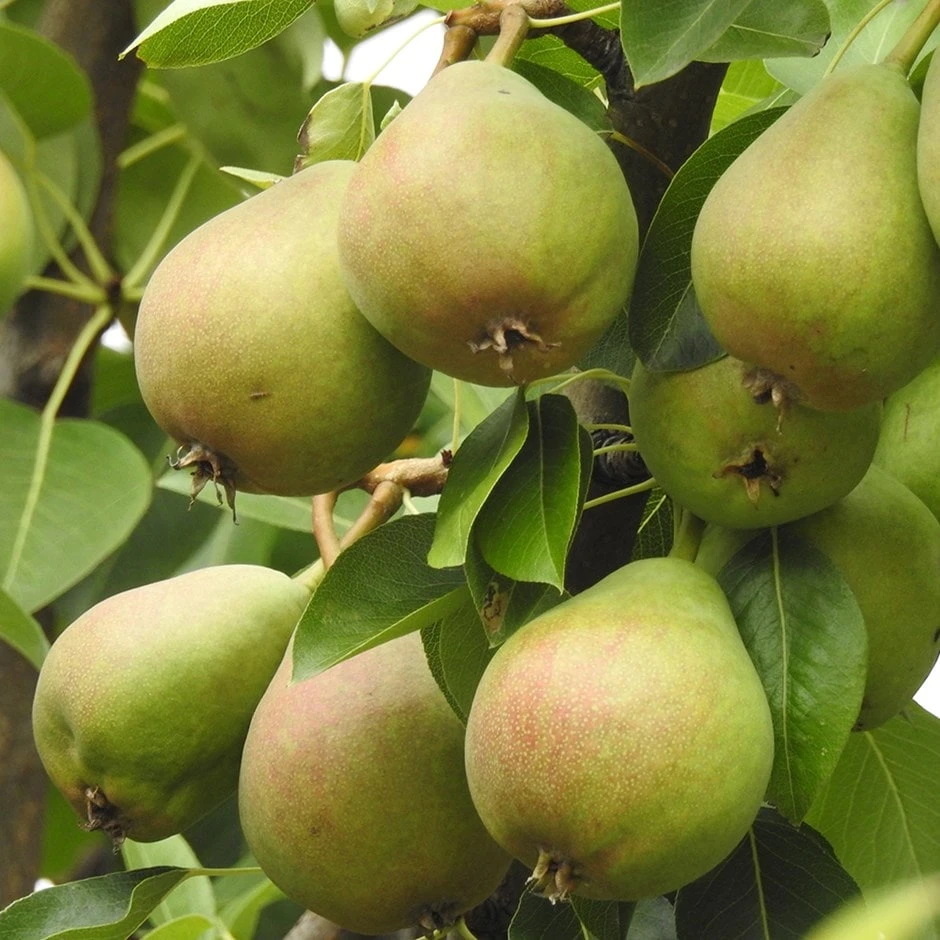
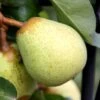
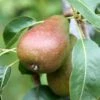

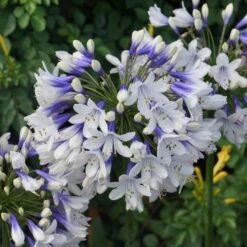
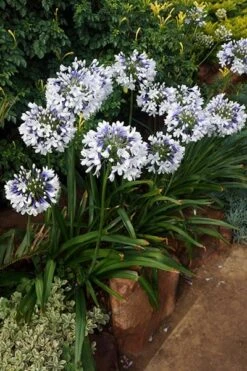
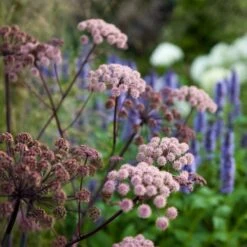

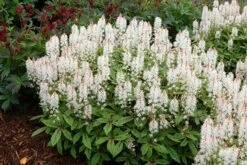



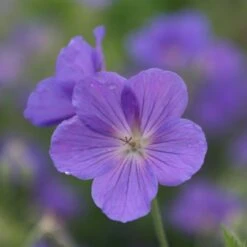

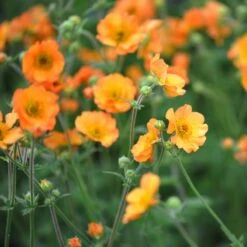
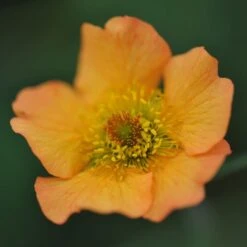
Reviews
There are no reviews yet.